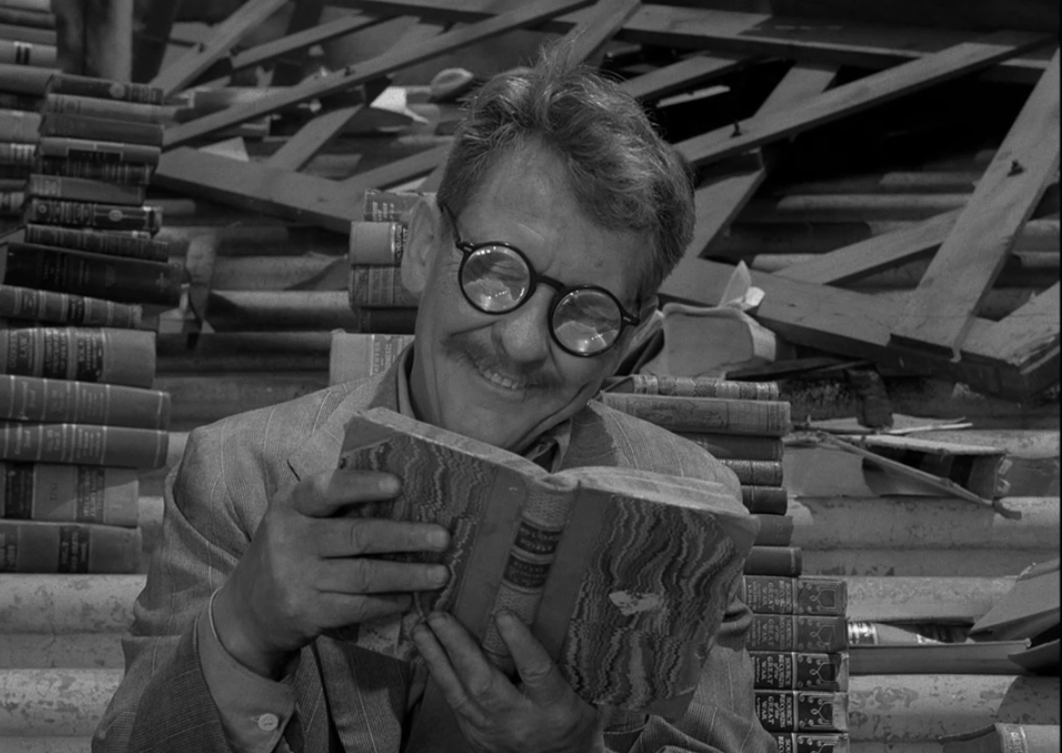Books will never become obsolete (at least I hope they won't).
Books have one advantage over all other entertainment media - they are still the most interactive form of media...
The author writes the story, but the reader creates all the imagery in their mind - the way the settings look, how the characters look, the sounds of their voices, all the sights, sounds, colors, smells, temperatures and feel of everything (including all the emotions) in the story. This is why reading a book is unique compared to all other media. A reader can become so lost in a book because the entire tableau is being created by their own mind.
And best of all, there are no commercials (the breaks for which become longer the further into the book you get), nothing you have to sit through or fast-forward through, no pop-up ads covering up the lower third of each page, no scrolls you can't turn off, the story doesn't get edited, cut up or cut off to fit into a time slot, and the credits don't get shrunk at the end so they can tell you what book is coming on next.
You read as long as you like and take breaks when you like, and all you need is light to read them by - even if there's no electricity you can still read a book by sunlight in the daytime or by oil lamp or by candle light.

"Time enough at last!"




